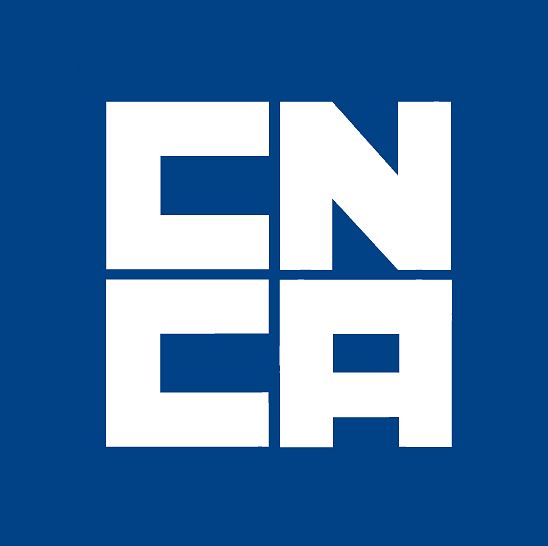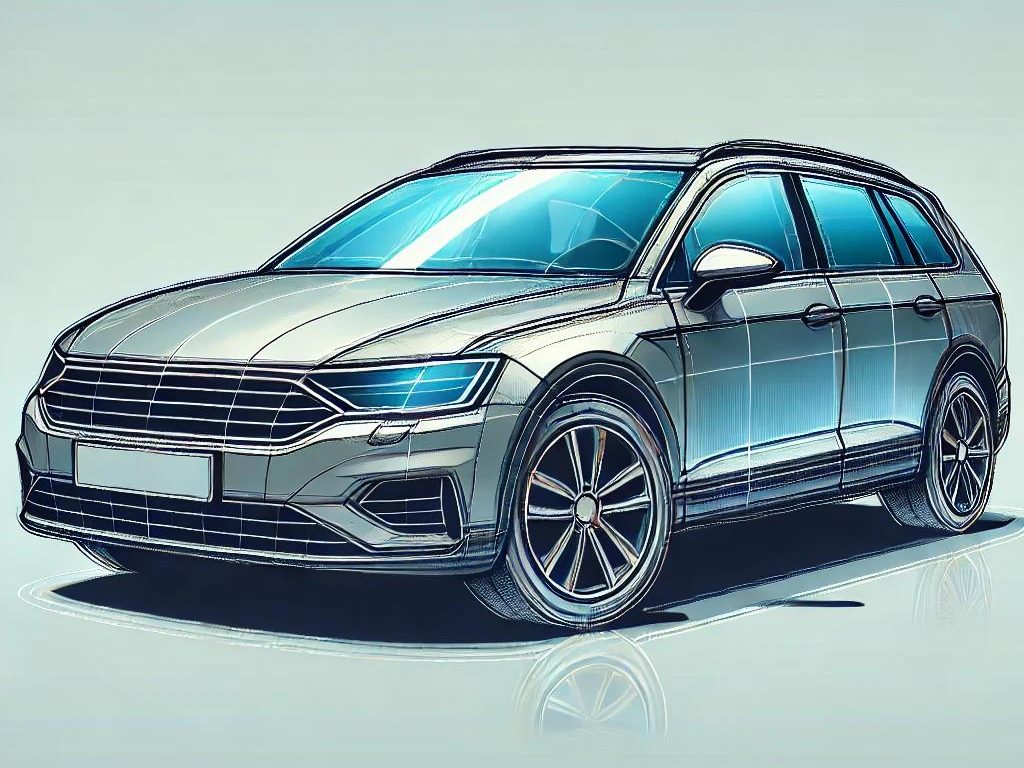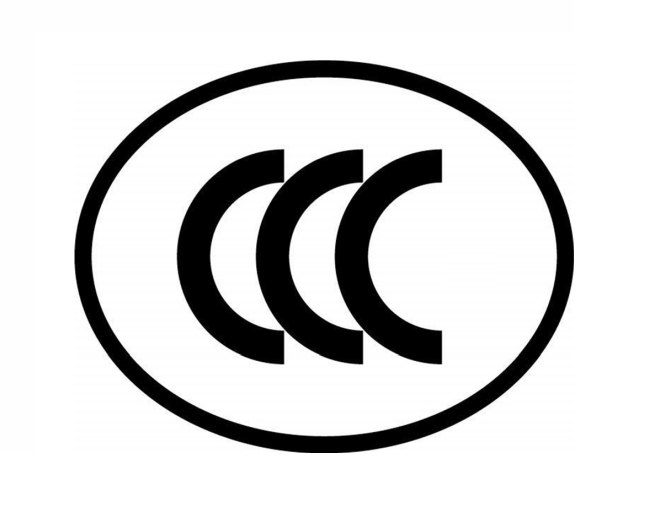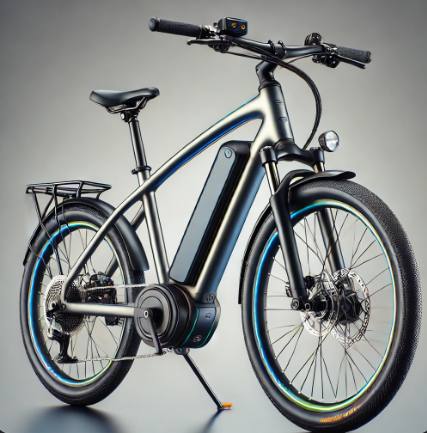Daimler and BAIC are expanding the production of their Chinese plants
24. July 2018Daimler and BAIC are expanding the production of their Chinese plants. In addition to the production of vehicles and engines, Daimler and BAIC are also investing in the further development of alternative drives and vehicles in China. For this purpose, a new battery factory will be built on the BBAC factory premises. In addition, the expansion of a second plant in Shunyi, Beijing is planned to increase production capacity.
The world’s largest Mercedes-Benz plant is located in southwest Beijing. With a total of 430,000 produced vehicles, 70 percent of total sales generated in China are produced in this plant. In China, Mercedes-Benz set its seventh consecutive production record in 2017. Almost the entire product range is produced locally, including a long version of the A-Class, which is only produced in China.
Together with its local partner BAIC, Daimler has been manufacturing vehicles since 2006, and since 2013, engines have also been produced there. Due to high demand and good cooperation, local production is now being expanded with a battery plant, a new engine factory and a second, complete plant. The new plant in the Shunyi district is to produce 150,000 vehicles a year from 2020 onwards. It has a car body construction, a pressing plant, a paint shop and the final assembly.
In addition, innovation is a priority at the Chinese production sites. The further development of alternative drives and emission-free vehicles will predominantly occur here. This is how the first model of the new Mercedes-Benz EQ brand, the EQ SUV, is being built at the Beijing plant. The start of production is scheduled for 2019.
They are proud of the quality and process reliability in the Beijing plant. It was awarded the title of “Factory of the Year” in 2017 in the category “Excellent Serial Assembly”. Newly developed analytical methods for process control and quality assurance use data from sensors and machines, which are evaluated in real time. An automated guided vehicle (AGV) system is used for efficient material supply in the final assembly on the belt. It consists of shopping carts and lattice boxes, which are networked with the plant’s IT system and deliver the right components at the right time.
The China CCC certification is also needed for vehicles produced in China as well as imported vehicles.
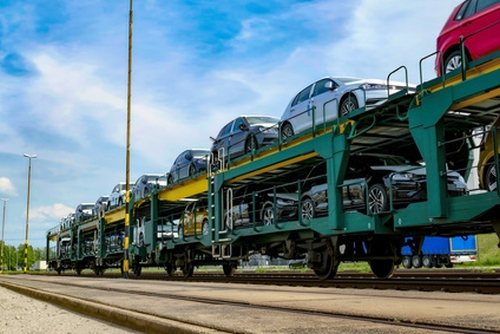
For more information on how CCC certification may affect your company, or for more information about CCC certification in general, the process, and the associated costs, please visit our website and our News Section where you will find current updates twice a week.
Please do not hesitate to contact us for further details and consultation. You can contact us via e-mail, or call us (UK: +44 2071931135, Rest of Europe: +49 69 2713769150, US: +1 773 654-2673).
You can also check out our free CCC-Brochure, which can be downloaded right here as a PDF file or you consult our book (in English) “A Brief Guide to CCC: China Compulsory Certification”, which can be found directly here on Amazon.




